Super Mario Bros.
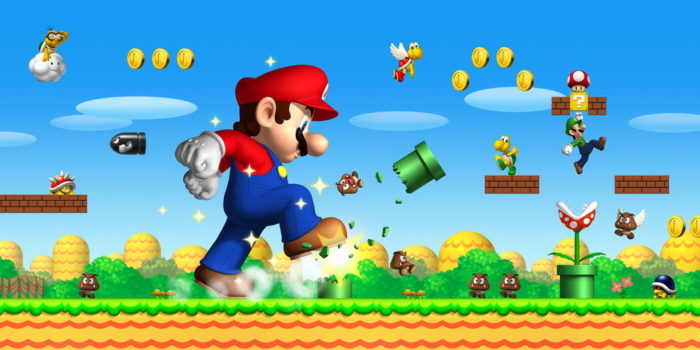
Super Mario Bros. revolutionized platformers, offering fantastic controls, fun, whimsical worlds to leap through, and a memorable cast of heroes and villains. The game quickly became a classic, standing out as one of Nintendo’s flagship series, but it didn’t take long for imitators to show themselves.
Super Mario Bros. was released in 1985 and by 1978, the Great Giana Sisters was released. It was essentially a pallet swap of the Mario Bros. games, replacing the plumbers with a pair of blond sisters journeying through a mystical land. Other rip-offs have sprung up as mobile games became popular, too. The app store is littered with knock-off Mario titles, trying to cut in on the success of Nintendo’s famous mascot.
The Legend of Zelda
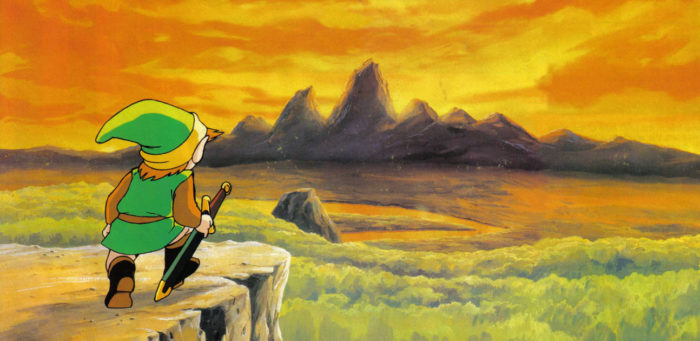
Even after 30 years, The Legend of Zelda is still one of the most successful and well-respected adventure games in gaming history. But the series is split cleanly into two styles: 2D and 3D. Both have been copied extensively. The structure and combat of the 2D games were mimicked constantly in the 8-bit and 16-bit eras, and still is today. The same can be said for the 3D games.
The dungeon structure and reliance on acquiring new weapons to proceed has found its way into modern games like Darksiders, which also uses the lock-on targeting system first introduced in Ocarina of Time. Of course, a series as influential as Zelda would inspire others but some, such as the recently released Ocean Horn, wear their influences on their sleeves, essentially copying the Zelda formula exactly.
Call of Duty
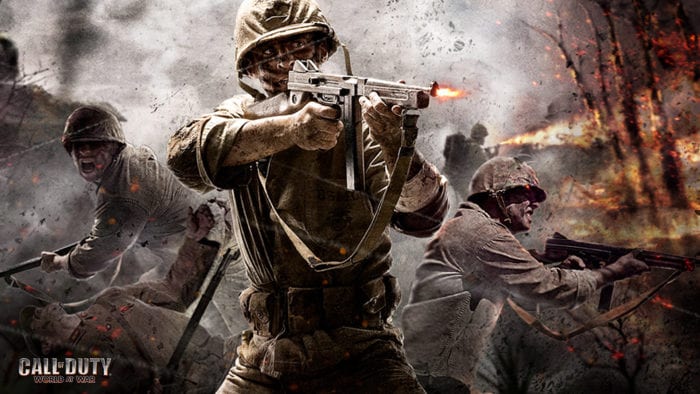
Call of Duty 4: Modern Warfare added a new progression system that was an instant hit. Killing enemies and winning to gain experience and level up was an addicting cycle that gave players a sense of purpose outside of netting the most kills. This system was so effective that nearly every multiplayer shooter released in recent years has adopted it.
Even the series’ main competitor, Battlefield, has gone the route of the level progression system. While franchises like Halo resisted it for some time, even they later succumbed and began ripping off Call of Duty as well. What began as a remarkable new idea from Call of Duty quickly became cliché and boring due to its overwhelming popularity and success.
Minecraft

Minecraft was one of the first indie titles to see massive success. Its simplistic graphics and intuitive crafting mechanics made it easy to jump into and create or challenge yourself and survive. Those looking to mimic its success appeared quickly, making unnecessary additions like guns to try and establish themselves as something entirely different.
The mobile game market latched onto Minecraft quickly. Both the Apple and Android storefront were quickly littered with cheap, knockoff versions of Mojang’s popular building game. The original continued to grow and evolve while its mimics continued to spring up, doing everything they could to stand out.
Bejeweled

Bejeweled proved just how fun matching up three things of the same color could be. When it made the jump to mobile phones, the ease of access meant that the fun could be brought anywhere. The only problem was that creating a match-three game and putting a slightly different graphical coating on it apparently wasn’t all too difficult.
One of the biggest rip-offs is certainly Candy Crush, the game that not only copied the core concept but stuffed it so full of microtransactions that it was barely recognizable. The fluid and easy-to-jump-into fun was lost. At least Bejeweled is still as fun as ever.
Street Fighter

What made Street Fighter such a hit? Well, technically it was Street Fighter II that set the series on the path to greatness. The sequel expanded the cast, introduced the combo system, and created a much deeper experience in general. The problem with creating one of the first truly successful fighting games is that there is now a blueprint to follow. And it was followed.
The years and decades after the release of Street Fighter II saw plenty of Japanese fighting games released with casts comprised of fighters from around the world who shot fireballs from their hands and could kick in a circle so fast it could be likened to a hurricane.
Pokemon

More than other RPGs, Pokemon has been copied time and again because of its simple and compelling monster catching premise. Choosing the members of your team and having a personal stake in the outcome of each battle proved to make the rock, paper, scissors style of battle much more enjoyable.
Titles like Dragon Quest Monsters, Robopon, and even Ni No Kuni all took Pokemon’s revolutionary idea and tried to put their own spin on it, all coming in second to Nintendo’s charming animal battle simulator.
Grand Theft Auto
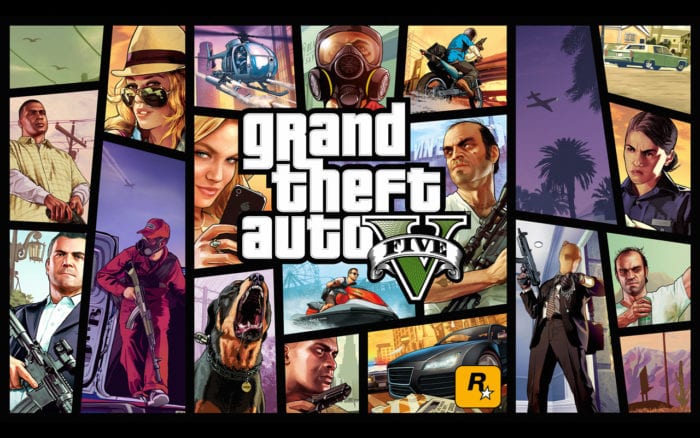
What’s one of the most fun things you can do in video games? Wreaking havoc, of course. Grand Theft Auto created a space for players to run wild in, stealing cars, killing pedestrians and taking the law into their own hands. By the time GTA III rolled around, the series was mastering its craft, so others began to take a crack at it.
Some series managed to rip off GTA and do it well, like Saints Row and Just Cause. Others tried and failed. The open world crime game is now a genre unto itself, and new competitors try to dethrone the king every year, but the imitators still can’t touch it.
Angry Birds
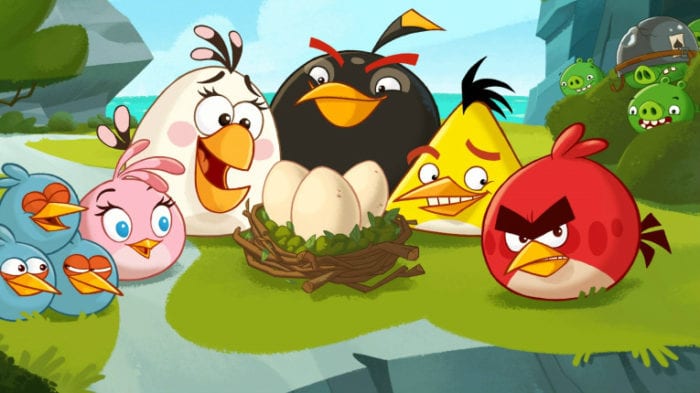
Who knew that flinging birds out of a slingshot at groups of angry green pigs would become one of the first breakout mobile games? The almost instant success of Angry Birds on iPhone and Android meant that a myriad of developers quickly tried to take over some of the market.
None of them took off but that didn’t stop anyone. Still, to this day, you can find clones and rip-offs of Angry Birds all over the internet, which is ironic because Angry Birds is actually a rip-off of a browser game called Crush the Castle.
Dark Souls

Dark Souls brought back a sense of difficulty and challenge that had been sorely missing from games for years. It didn’t hold your hand or talk down to you. These qualities, mixed with the gorgeous fantasy setting, was a recipe for a fantastic game. Others saw this winning formula and proceeded to make their own takes on it.
The biggest rip-offs released so far are Lords of the Fallen and Nioh, with The Surge releasing later this year. Though it has to be said that Nioh is like the most accomplished “rip-off” to date, introducing a much deeper combat system and looting mechanics, while still retaining Souls-like mechanics such as shrines and the loss of experience points. Several games in the indie scene are more blatant with where they drew their inspirations from, and titles like Salt and Sanctuary and Dark Maus come to mind.
With the Dark Souls series drawing to a close, there’s now room for rip-offs to breathe, so the competition is closing in, copying every aspect of the popular franchise, capitalizing on its absence.
